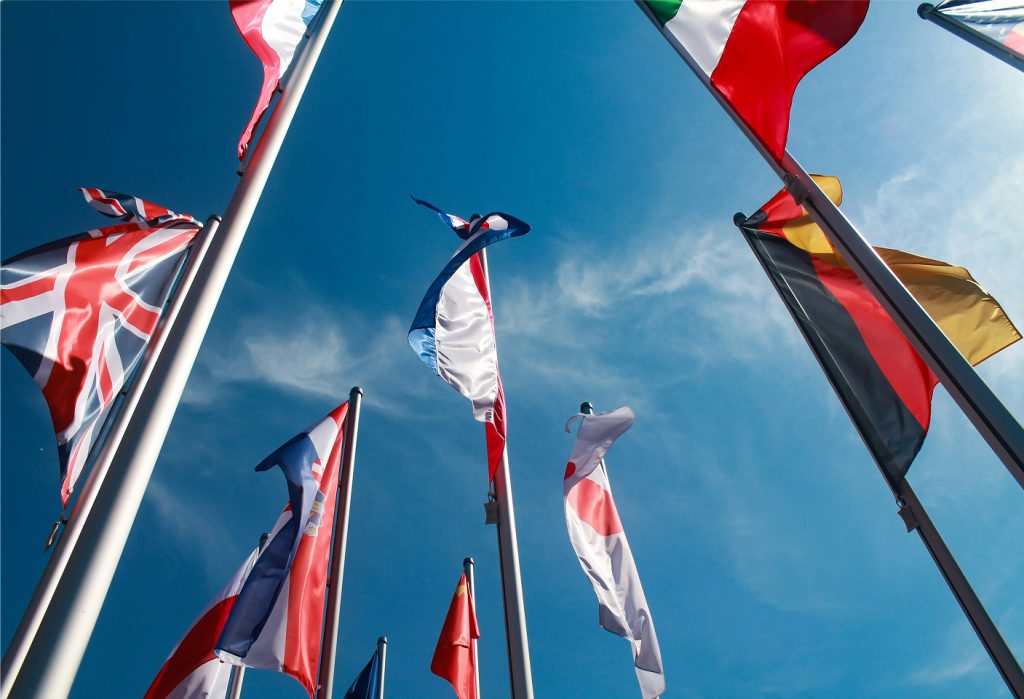
Chapter 06
Mobilize the Collective Strengths of our Allies and Partners
Chapter 06
introduction
Momentum for biotechnology is building around the world, and the United States must keep pace. To collectively maximize the benefits of biotechnology, it must work with allies and likeminded countries to pool expertise, talent, and capital, all in an effort to defend, build, heal, and nourish.
U.S. allies and partners are prioritizing biotechnology. The North Atlantic Treaty Organization (NATO), for example, released a strategy in 2024 to foster the responsible development and adoption of emerging biotechnologies.302 The alliance is also investing in technologies with national security implications through its Defence Innovation Accelerator for the North Atlantic (DIANA) and its NATO Innovation Fund (NIF).303 There are opportunities to leverage shared resources, whether they be joint capital, data, or research and development (R&D) capabilities, in support of biotechnology advancement.
The United States must renew its commitment to its closest allies and forge new partnerships with nations that have complementary goals, capabilities, and expertise. Nearly every country has something valuable to offer: some boast advanced biomanufacturing capabilities, others are at the leading edge of computational biology, and others still are pioneering bio-based chemicals and regenerative medicine.304
The U.S. government should expand biotechnology diplomacy, including commercial and regulatory diplomacy to expand market access and boost aggregate demand for biotechnology products. The United States must work with allies to ensure that biotechnologies are not misused and together set norms and standards based on shared values. The United States and its allies and partners must also work together to standardize approaches to biotechnology protection.
The following recommendations chart a course of action for the United States to promote and protect biotechnology alongside its allies and partners.